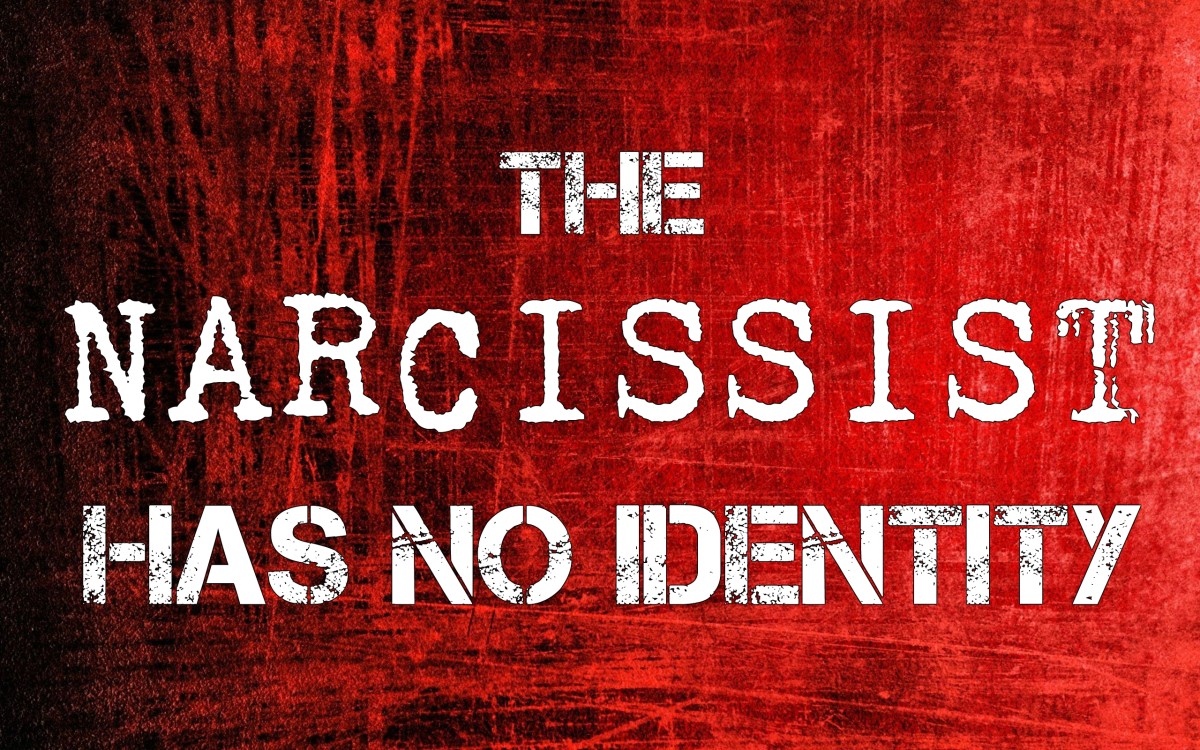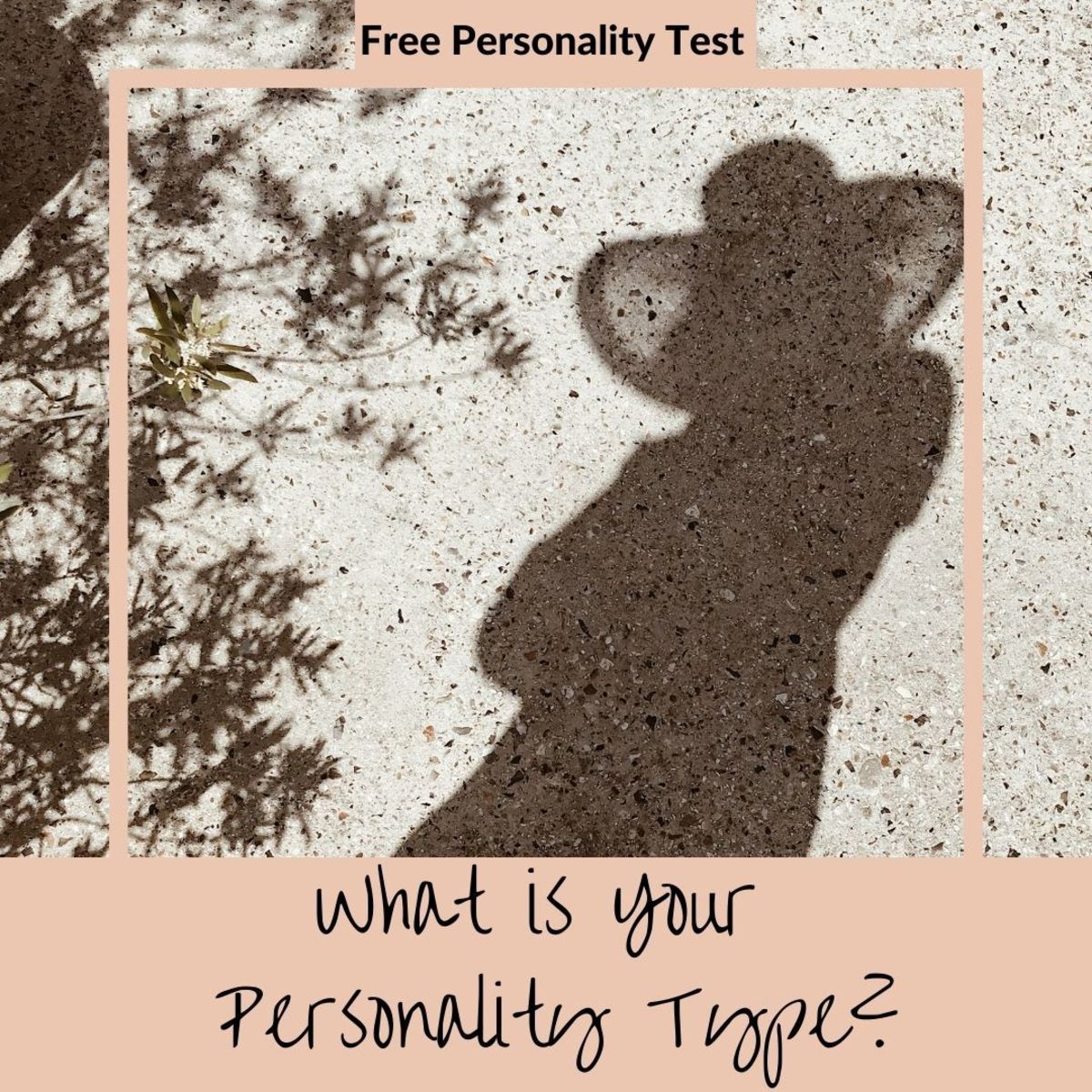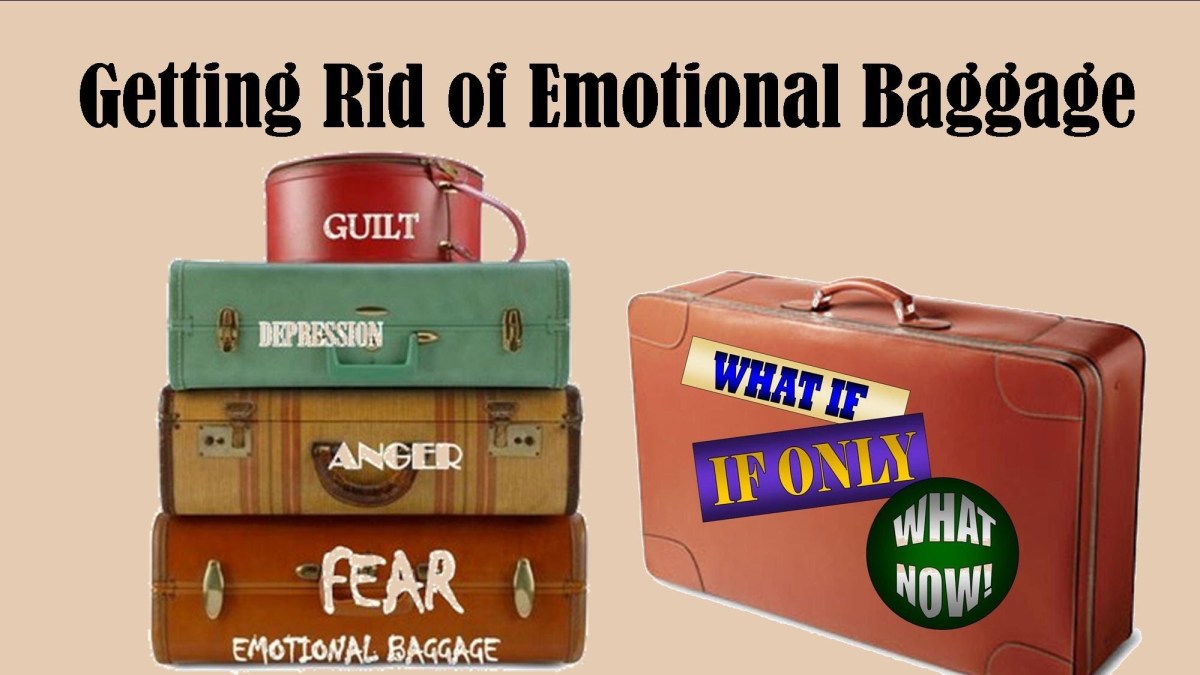How To Maintain Your Personal Identity Amidst Social Chaos

Avoiding An Identity Crisis
Idries Shah, [1924 – 1996] (http://en.wikipedia.org/wiki/Idries_Shah), is the author of many books used by various academics to pass on ideas and information in the form of stories, or fables. One delightful fable is about a prophet who once predicted that all the water in the world was going to disappear, except water which was saved, stored, and hidden away. And after the disappearance of all the water, new water would appear – which when drank would make men mad, crazy, and cause them to behave in strange and unusual ways. Now, most people ignored the prophet and his prophecy except one man who immediately began saving water in a secret hiding place, at a remote location, and in large quantities. Shortly after the prediction, according to the fable, all the water in the world did disappear. A few days later new water returned to the earth. But instead of drinking the new water like everyone else the man stayed in his secret hiding place drinking his secret supply of saved water.
After a while, as the fable goes – the man came out from his secret hiding place and began to associate with people after they had been drinking the new water and sure enough, he found that all of them were crazy and mad, and behaving in strange and unusual ways. But all of them didn’t know they were crazy, they thought he was crazy. So they began to show him rejection, hostility, and pity. They showed him everything but acceptance or understanding. Within a week all this pain, rejection, abuse, and suffering, was so great the man could not take anymore so he decided to drink the new water and become mad and crazy just so he could be accepted. He exchanged his sanity for acceptance in a world of madness.
The story above is just a fable.....
The unfortunate reality however, is that there are millions of people around the world who are willing to do almost anything, even become mad and crazy, just so they can be accepted, or to fit in with the crowd. To keep things in perspective, wanting to be accepted, or wanting to fit in is not necessarily a bad thing. In fact, it’s a basic human requirement for survival and social growth, and this requirement starts at a very early age. During our developmental years, we have the need to feel acceptable or worthy of acceptance and these needs cannot be met in isolation, other people have to be involved if these needs are to be met, and when these needs are not met, our emotional development and maturity are affected, sometimes to the point of neurosis or even psychosis. So we consistently seek the approval and acceptance of others which is not a bad thing but if your whole life is about trying to get people to think well of you before you can feel good about yourself then you are having an identity crisis derived from a lost identity - a sense of not consciously knowing who you are. A lost identity is the precursor to an identity crisis. It’s the dark path to psychological slavery.
To better understand this concept we must first identify the distinction between the word LOST and the word IDENTITY; Lost is an adjective that describes the quality denoting a person or thing or place, having wandered from that way, uncertain as to one's location, having no sense of shame, or right from wrong, or is insensible to. Identity is a noun that is descriptive of the condition or fact of being the same, the condition or fact of being a specific person, the characteristics and qualities of a person, considered collectively and regarded as essential to that person's self-awareness. A lost identity is the identity that one receives when they allow or accommodate other people ideas, concepts, realities, and influences which contradicts their own. This is commonly referred to as the “Lost Identity Syndrome.” It’s prevalent in new marriages where one spouse compromises their identity in order to avoid the negative (but necessary) aspects of a healthy relationship. It’s also prevalent in group thinking environments where a member of a group compromises their ideas, and perception for the peace of the group. In so doing they deny their own unique personal identity and subsequently rob the group of a valuable viewpoint.
So what is a "personal identity"? We know from intuitive self-awareness that it does, in fact, exist. It's a reality of conscious life, and personal awareness. It’s as common as the overly used word, "I." We all have a personal identity which exists irrespective of our individual traits. It is the basis for our soul. Wherever there is personal identity, there will therefore be a soul. So if we expect to grow we must be in touch with our inner soul which, according to researchers is developmental, and varies among adults, adolescents, and pre-adolescents. A strong sense of personal identity allows the individual the ability to become independent thinkers who can work with a group while maintaining their unique identity – or - the mental stability to “agree to disagree” without conflict. Independent thinkers throw aside attitudes of conformity, seeking to better understand themselves and their own hearts, and not through other people, books or organizations. These people understand that while knowledge can come from others, wisdom must come from within. It’s sometimes difficult to avoid losing your sense of identity in a world of mass communications, where individual self worth is determined by social standards relating to group thinking, group norms, and group expectations on the individual.
So, with this in mind, how does one avoid an Identity Crisis? How does one maintain their own unique personality under the pressure to conform in order to be accepted? Below are three tips, among many to help you maintain your uniqueness amidst the storms of social pressure.
1. Learn the Power to Ignore: The movie "Fountainhead" has a great scene which illustrates the struggle between the will and creativity of the individual and the downward pull of the masses. One important thing to know while reclaiming your personal identity is that you will encounter resistance from people who are threatened by your desire for independent thinking. Author Vernon Howard refers to these settled types as yapping dogs. He defines them in his book, “Your Power of Natural Knowing” as “Lost people who would rather yap at you instead of trying to understand you.” The solution - ignore them and keep moving.
2. Maintain Your Power to Fly Free: A man once observed a rare bird in a far corner of a cage which had no top. As he studied the bird he reasoned that the wings must have been clipped so it could not fly away. Suddenly the bird went into full flight to a tree on the other side of the cage. He then reasoned that the bird's wings were fine. So he asked the bird’s owner about this strange event. The owner informed him that the bird was raised in captivity, in a cage with a top. Every time it tried to fly away it would smash into the ceiling. Now, the bird never tries to escape because it is convinced the top of the cage is still there. When you’re suffering from a lost identity, society makes you feel that there is a top to your cage and you’re limited as to your sense of freedom and expressions. Despite the fact that the only limitations are a mirage within our own minds which determines our individual sense of self worth and subsequently our freedom. When we know who we are we can easily challenge the borders of mental limitations – venturing beyond group or peer pressure that limits our independent, critical thinking skills.
3. Maintain Your Power of Personal Choice: Life, in general can be very challenging and stressful, often times causing individual self doubt, particularly when we focus on the opinions of others which we have little or no control over. However, we do have control over a number of things, circumstances, and events in life and when we utilize the power of personal choice and alter our perceptions we can dramatically reduce the probability of psychological confusion and avoid the lost identity syndrome. If we ignore the power of personal choice we can get psychologically lost under the pressures of many types of personal relationships with family members, spouse, in-laws, co-workers, friends, and neighbors, who often have very important roles in our lives. We can’t control their perceptions, their preferences, their opinions, or reactions. We can however, control how we interact with, and respond to them. Utilizing the power of personal choice, we are better able to think independently of them and determine what’s best for us. We acknowledge them as having this power for themselves, and we choose how to communicate and interact in these relationships. While it is normal to desire acceptance in our relationships, knowing the limits of control will reduce any likelihood of an identity crisis.
An eagle will never fight with a lion or a wolf because they live on entirely different levels and in different domains. They understand their unique differences and have no need to fight each other. They both feel confident in their skins and they recognize each others independence. Not conforming does not make you a radical or a non team player. It simply identifies you to others as a person who thinks for themselves. A person whose decisions are based on who they are internally, and not what they have or need externally.
The following quote from Erich Fromm (http://dean.roushimsx.com/fromm.htm) provides some insight on the subject of personal identity:
“I would say at first, what I have I can use. In other words, if my sense of identity is based on what I have, on my possessions, if I can say "I am what I have," then the question arises "what am I if I lose what I have?" Therefore, the sense of identity based on what I have is always threatened. A person is anxiously concerned not to lose what he has because he doesn't lose just what he has; he loses a sense of self. If I feel I am what I have and I have nothing anymore, then I am not. But the sense of identity which is based on "to be" is entirely different, because that can never be taken away from me except if I'm insane or in some peculiar circumstances. I feel, I see, I love, I am sad. All these human experiences which can be expressed in verbs are human activities which are not dependant, which cannot be lost or destroyed. And therefore the person whose sense of identity is based on what he is, that is to say, on the expression of his inner faculties, potentialities in the world, or in that sense in what he does, but does not in an outward sense, he does not have the anxiety to lose himself because something may be taken away from him. He is really free from that danger.”
Your sense of identity should be based on your knowledge of who you are, what you are, and your determined abilities. Maintain your sense of principles and individuality despite your circumstances. This is not selfishness, it’s a matter of knowing who you are, what you want, and standing up for what you believe in. It's about controlling your own destiny. It's about you and what makes you unique.
When others offer you lemons, don't make lemonade - give it back to them because you deserve better! Be for real, be yourself - Its the only protection you have for maintaining your sanity in an insane world!






